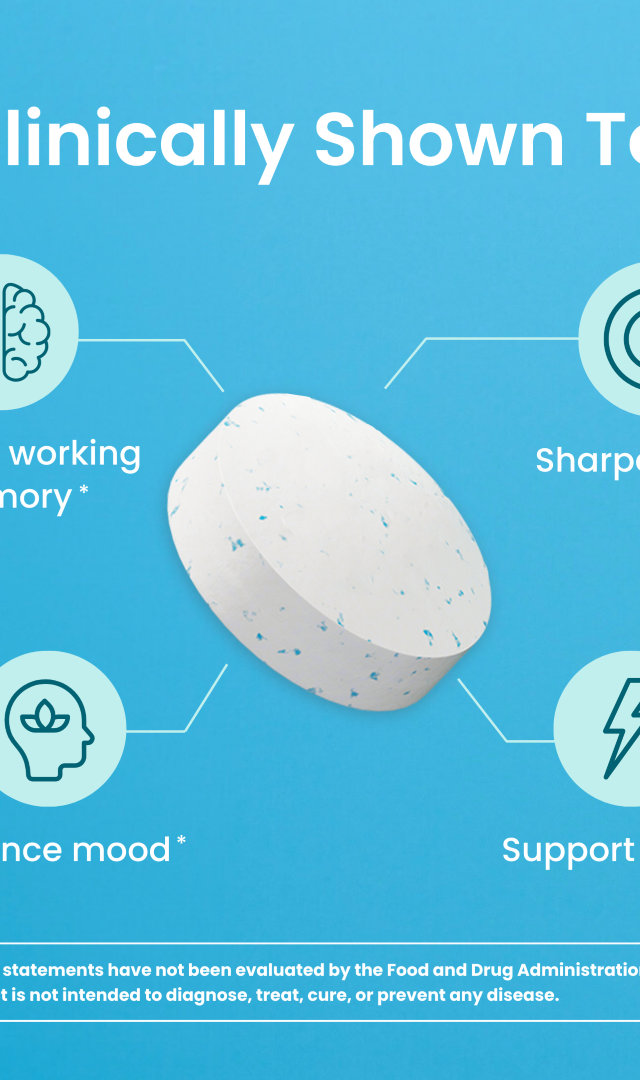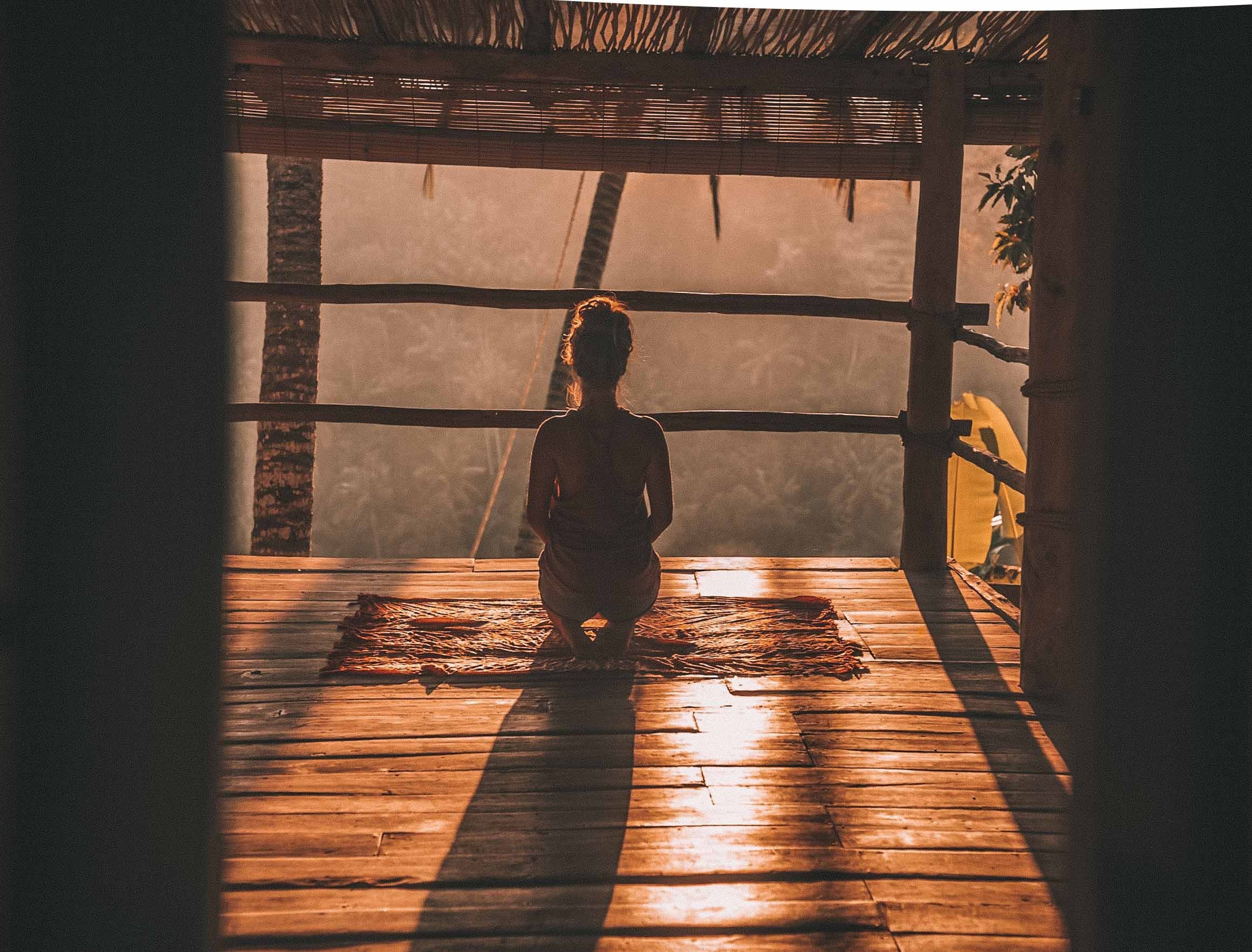The mind is a complicated place. It is a haven for the good stuff like dreams, aspirations and visions. But sometimes (or most of the time, for some people), it can also be a space for negative stuff like anxiety, worry and stress. As if the world isn’t packed by enough stress-inducing events like adulthood, along came COVID-19.
In a study done this year, 55% of Americans said that they are more stressed now and this is largely because of the pandemic. Given the circumstances, who wouldn’t be? Our minds are already loaded with stuff that doesn’t spark joy way more than Marie Kondo can hope to declutter. Is there a way to quiet down the noise and achieve inner peace?
The answer is quite simple: meditation. Meditation is the process of training your mind to have the ability to focus and increase your awareness of yourself and your surroundings. It is an ancient practice that has gained popularity in recent years because of its effects on a person's overall well being. Why should you incorporate meditation in your daily routine? Here are 5 reasons why:
Promotes better emotional health
Stressors are inevitable. It’s pointless to even think about removing them from your life because it’s something you can never have control over. What you do have control over is the way you respond to them and process them. When you meditate, you center your thoughts into becoming more self-aware, you redirect your thoughts from a place of worrying to a place of being at peace with what’s happening around you. The less you worry about something, the less anxious you become. The less mind space you dedicate to these thoughts, the more space you have for positive thoughts such as a positive outlook in life.
Helps manage symptoms of certain diseases
There’s a growing number of research that supports the health advantages of meditation. While more research is needed to pinpoint these specific benefits, some research suggests that meditation can help manage symptoms of certain diseases like asthma, chronic pain, irritable bowel syndrome, high blood pressure and heart disease. It is true that meditation is not an alternative to the medicines administered to counter these diseases, but it can be a useful complement.
Improves sleep
Sleep is one of the body’s most important defenses against diseases. A lot of the body’s most important biological processes happen during sleep. However, it’s hard to sleep when your mind is overloaded with anxiety, stress and worries. What’s going to happen tomorrow? What if I don’t remember everything that I’ve just studied? When am I going to get a job? All these concerns, while valid and sometimes true causes for worry, hinder you from getting a restful and good night’s sleep which turns everything into a vicious cycle. You worry, you can’t sleep, you don’t do well during the day which makes you worry even more. By meditating, you rid yourself little by little of these anxieties, you free your mind of worries, making it easier for you to power down at the end of a tiring day.
Helps open new perspectives
When things become heated and difficult and you feel like there’s no other explanation or a way out of something, doesn’t it always help to step out, relax and get some air to clear your head so you can think clearer? The same thing happens when you go in and meditate. You declutter your mind and free up the space otherwise occupied by unhelpful thoughts and limiting beliefs. Through meditation, you will have the ability to see a situation from a different angle - something you wouldn’t be able to do had you not allowed your mindset to shift.
Convenient, Accessible and Free
You don’t need fancy equipment when you meditate. All you need is yourself, an area where you can be comfortable, and your willingness to let go. You don’t even have to spend anything! It also doesn’t need to be time consuming and does not usually need a lot of preparation time unlike most hobbies. Dedicate a particular time in your day when you can meditate - it can be when you wake up, during lunch hour or right before you go to sleep. Consistency is important in building a habit so try as much as you can to meditate during allotted time. Try doing it for a few minutes first, then gradually increase the duration as you become more comfortable in the habit.
Inner peace, or peace of mind, Is the state of having mental and spiritual calmness in the face of stress. The operative phrase there is “in the face of stress”, because let’s face it, stress is here and it will still be here even if we’re long gone. The only thing we can do is to navigate around it and equip ourselves with the right tools like meditation so we can show up and do more.
Hero Image by Jared Rice on Unsplash.





















